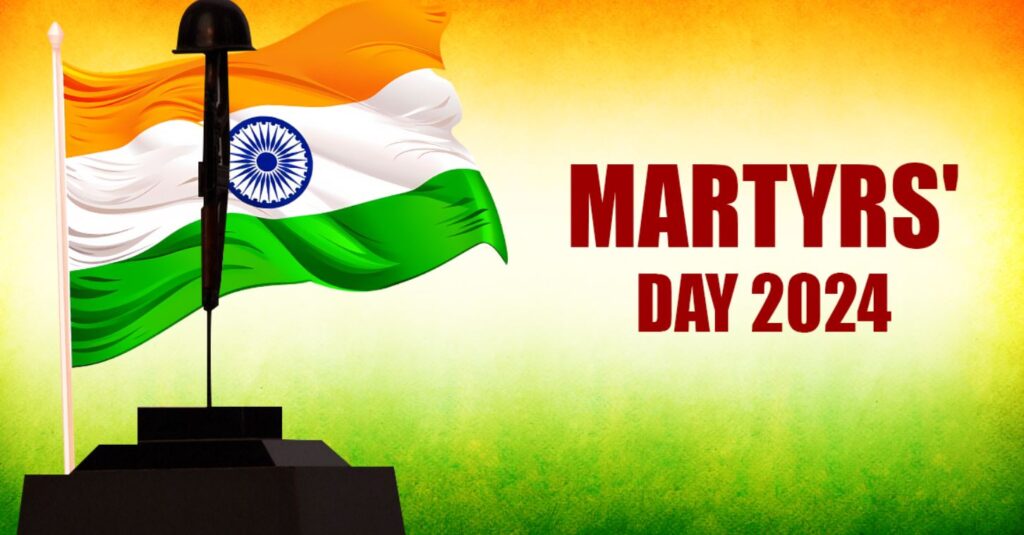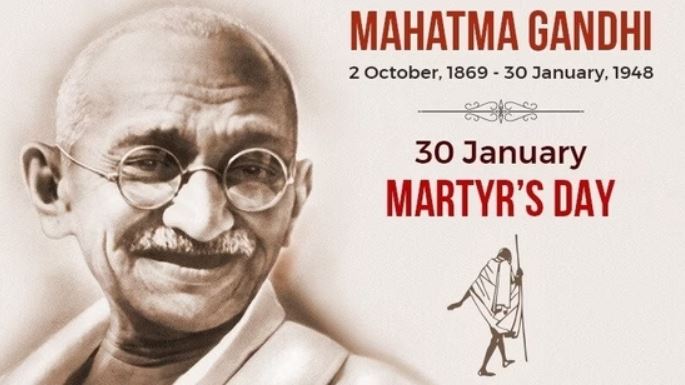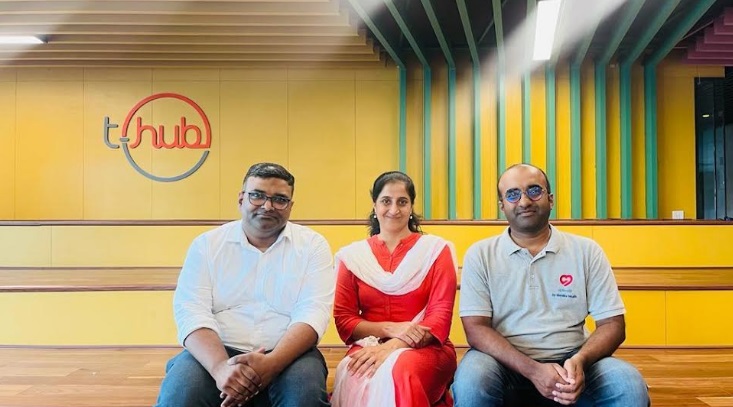Maharashtra Board SSC Live Admission Card: To stay up to date on MSBSHSE Class 10th hall tickets, subscribe to the blog.

Maharashtra Board SSC Admit Card 2024: The end of the academic year is near and exams are about to start. The final board exams of Maharashtra Board Class 10 will begin from March 1, 2024 and last until March 26, 2024. With only a few days left, students are busy with the revisions. This last stage of the exam preparation is the most critical phase and students should avoid any distractions. There are a few things one needs to keep in mind before the exams apart from regular studies. No student will be allowed to sit for the Maharashtra Board SSC exams without a valid admit card or hall ticket.
The Maharashtra Board Class 10 admit card is now available and students should keep an eye out for related updates. On that note, we bring you this article to present all the study resources, admit cards and exam-day instructions for the 2024 MSBSHSE Class 10 board exams. Download the Maharashtra SSC Class 10 Admit Card 2024 and other exam details below.
Also Read : In Viral Video, Shah Rukh Khan Hugs Fan Who Became Emotional After Meeting Him
Class 10 Admit Card Maharashtra Board 2024
The Maharashtra State Board of Secondary & Higher Secondary Education (MSBSHSE) released the card of the SSC Class 10 on January 22, and since the exams are set to commence soon, students should immediately get the hall tickets.
Students can view and download the admit card through the Maharashtra Board’s official website or visit the school in person.
| Maharashtra Board Exams Important Dates 2024 | |
| Board | Maharashtra State Board of Secondary and Higher Secondary Education (MSBSHSE) |
| Official website | Click Here |
| 10th Exam Time Table release date | October 31, 2023 |
| Maharashtra Board Admit Card release date | January 22, 2024 |
| Maharashtra Board SSC Class 10 exam dates | March 1 to March 26, 2024 |
| MSBSHSE SSC result date | May/June 2024 (tentative) |
How to download the Maharashtra SSC Class 10 Admit Card?
Here are the steps to download the Maharashtra Board Class 10 Admit Card 2024
Step 1: Visit the official site of the Maharashtra Board at https://mahahsscboard.in/
Step 2: Find the “Login For Institute” panel visible on the MSBSHSE home page.
Step 3: Select your class “For SSC” or “For HSC” options from the menu.
Step 4: Sign in and use your credentials – Username, Roll Number, Name, Father’s Name, Date of Birth to view and download the hall ticket.
Maharashtra SSC Revised Time Table 2024

Provided below is the Maharashtra board Class 10 SSC time-table for the March 2023-24 exams. All the exam dates of the subjects chosen by a student will also be listed on the hall ticket. Here you can check the complete timetable for the MSBSHSE SSC 10th date sheet.
Also Read : 11 injuries in 36 months: A timeline of Ravindra Jadeja and KL Rahul’s fragile bodies!
| Date | 1st Session (11 am – 2 pm) | 2nd Session (3 pm – 6 pm) |
| Friday, March 1, 2024 | First Language: Marathi, Hindi, Urdu, Gujarati, Kannada, Tamil, Telugu, Malayalam, Sindhi, Bengali, Punjabi | Second or Third Language: German, French |
| Saturday, March 2, 2024 | Multi Skill Assistant Technician/ Introduction to Basic Technology, Automotive Service Technician, Store Operation Assistant, Assistant Beauty, Therapist, Tourism and Hospitality, Food& Beverage Service Trainee, Agriculture -Solanaceous, Crop Cultivator, Electronics & Hardware Field Technician Other Home Appliances, Home Care- Home Health Aide, Mechanical Technology, Electrical Technology, Electronics Technology, Power-Consumer Energy, Meter Technician, Apparels Sewing Machine, Operator, Plumber General | – |
| Monday, March 4, 2024 | Second or Third Language: Marathi, Kannada, Tamil, Telugu, Malayalam, Sindhi, Bengali, PunjabiSecond or Third Language: Composite Course | |
| Thursday, March 7, 2024 | First language (English), Third Language (English) | – |
| Saturday, March 9, 2024 | Second or Third language: HindiSecond or Third Language (Composite Course): Hindi | – |
| Monday, March 11, 2024 | Second or Third Language:Urdu, Gujarati, Sanskrit, Pali, Ardhamagadhi, Persian, Arabic, Avesta, Pahalavi, Russian | Second or Third Language (Composite Course)Urdu, Gujarati, Sanskrit, Pali, Ardhamagadhi, Persian, Arabic, Avesta, Pahalavi, Russian, Kannada, Tamil, Telugu, Malayalam, Sindhi, Punjabi, Bengali, Gujarati |
| Wednesday, March 13, 2024 | Mathematics Part-1 (Algebra), Arithmetic (Only for eligible Divyang Candidates) | – |
| Friday, March 15, 2024 | Mathematics Part-II (Geometry) | – |
| Monday, March 18, 2024 | Science and Technology (Part I), Physiology, Hygiene & Home Science (Only for eligible Divyang Candidates) | – |
| Wednesday, March 20, 2024 | Science and Technology Part-II | – |
| Friday, March 22, 2024 | Social Sciences Paper-I: History and Political Science | – |
| Tuesday, March 26, 2024 | Social Sciences Paper-II: Geography |
This Article was originally published on jagranjosh!











